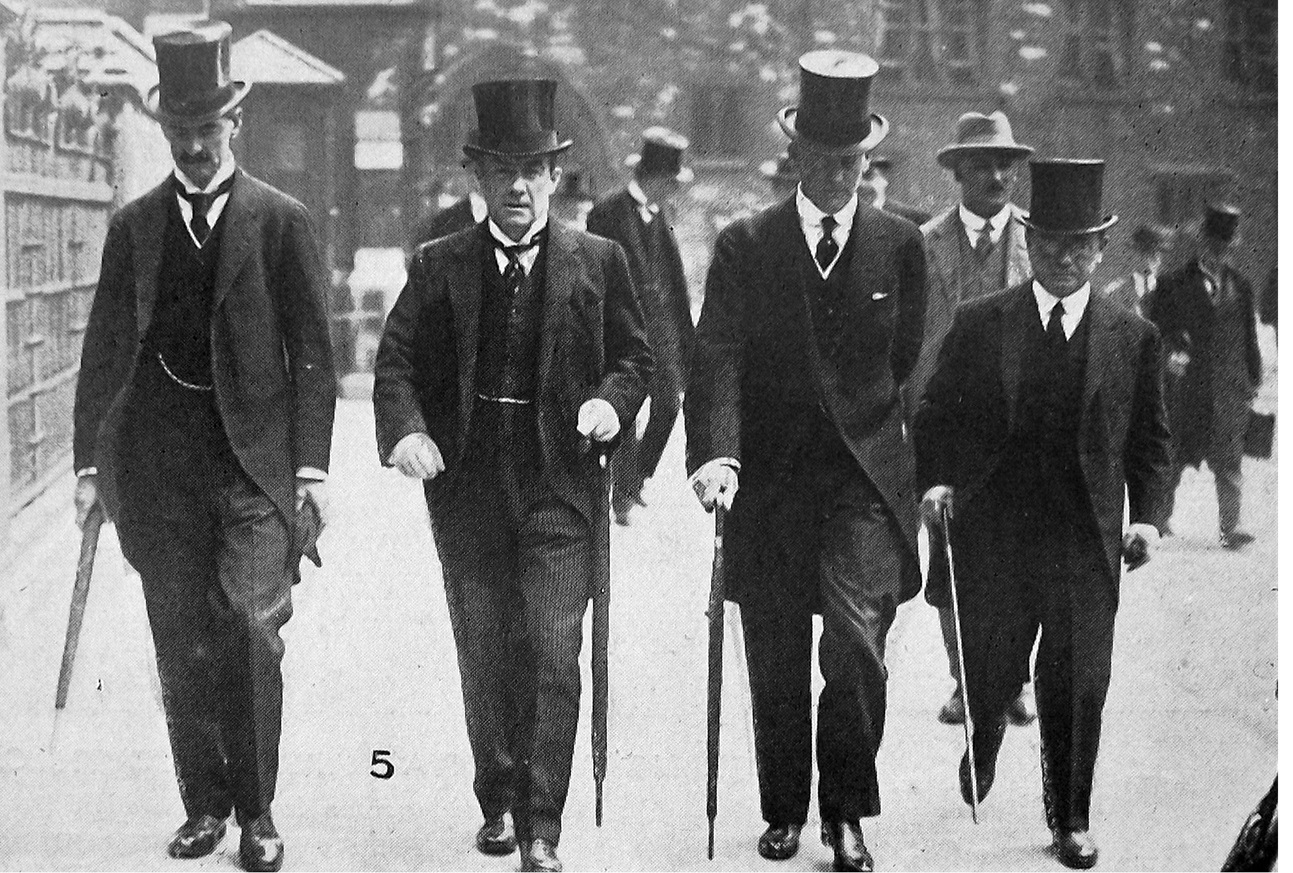

McGavin, Sir Ian Hamilton, Sir Campbell Stuart, the Hon W.P. Reeves, Mr A.F. Roberts, the High Commissioner for Canada (Mr Larkin), and the Australian Agents-General, also representatives of the Australian and Indian High Commissioners, and many distinguished Englishmen. The Duke of Connaught was represented by Colonel Gordon, and
the Prince of Wales by Captain Alan Lascelles. Mr Montagu Norman represented the Bank of England. There were also present Sir Arthur and Lady Myers, Admiral Hotham, Lady Russell, and Mr R.S. Forsyth (representing the New Zealand meat producers). The various New Zealand shipping companies were represented. A fully choral service
was conducted by the sub-dean (Canon Carnegie). The service began with the hymn "For All the Saints," and Psalm xxiii was sung. The service concluded with the singing of Kipling’s "Recessional" and the playing of the "Dead March" in "Saul."
What is money important for?
The weekly Economics Class was hold in the Lower Oliver Room, at the University, on Wednesday evening, when there was a good attendance of members to hear Dr Fisher lecture on "The Social Effects of Rising and Falling Prices." At the close of his address Dr Fisher recommended the members of the class to study the first chapter of Mr
J.M. Keynes’ "Tract on Monetary Reform." The social effects of changing prices on the production of wealth will be dealt with in next week’s lecture.
No laughing matter
Dr Inglis wrote to the Otago Hospital Board that he had tested a cylinder of nitrous oxide. It was quite free from chlorine and from nitric oxide. It contained a small amount of oxygen (about 1 percent), but was certainly mainly good nitrous oxide. With the apparatus available he had not been able to make an exact estimation of the percentage
of nitrous oxide, but it appeared to be well over 90 percent. He was therefore of opinion that the gas was well suited for anaesthetic purposes.
Port rail improvements wanted
A public meeting was held in the Town Hall, Port Chalmers, last night, for the purpose of endeavouring to obtain an improved train service to Dunedin. The Mayor (Mr T. Anderson) presided. The following motions were carried unanimously: "That the 1.15pm train be reinstated as it was the utility train of the day; that a 7.40am train be run
for people starting work at 8.30am in the city and to connect with the south; that a 9.15pm train run from Dunedin every night except Friday, when it should leave at 9.30pm; that a 10.15pm train leave Dunedin every night and an 11.15pm train on Wednesday, Friday, and Saturday." — ODT, 16.5.1925
Compiled by Peter Dowden











